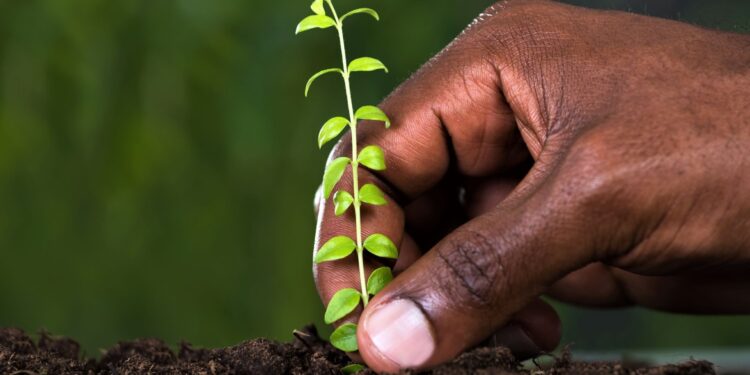By John Ikani
Kenyans have been granted a unique holiday dedicated to planting 100 million trees.
The initiative is a part of efforts geared towards achieving the government’s ambitious target of planting 15 billion trees within a decade.
It is spearheaded by President William Ruto in Makueni and emphasizes individual ownership, encouraging each Kenyan to plant a minimum of two seedlings.
According to Environment Minister Soipan Tuya, the special holiday empowers “each and every Kenyan to own the initiative.”
To facilitate mass participation, approximately 150 million seedlings are available in public nurseries, provided free of charge at government forest agency centres and designated public areas.
While urging citizens to buy two additional seedlings for personal land planting, the government ensures that the process is widely accessible.
To oversee the nationwide tree-planting effort, an internet app named Jaza Miti has been introduced.
The app enables individuals and organizations to log their activities, recording crucial details such as plant species, quantity, and the date of planting.
Ms. Tuya reported an “amazing” response, with two million registrations on the app within a short period.
However, the planting initiative excludes the flood-affected north-eastern region, grappling with heavy El Niño rains that have caused fatalities, displacements, and infrastructure damage.
Despite the generally positive reception of the tree-planting endeavour, challenges are noted.
Environmentalist Teresa Muthoni praised the concept but expressed concerns about its organization, acknowledging the economic struggles many face, juggling work and tree planting.
She highlighted that a significant portion of the 150 million trees in public nurseries is exotic, stressing the importance of planting suitable trees in appropriate locations.
Criticisms also surfaced regarding the government’s commitment to tree planting, given the recent lifting of a logging ban. Minister Tuya defended this decision, asserting its impact on only 5% of forests designated for commercial purposes, aimed at meeting local wood demand and generating employment.
In response to concerns, Minister Tuya emphasized the broader benefits, stating that the initiative addresses food security, job creation, and serves as a climate change mitigation strategy.
She anticipates a continuation of the initiative beyond the special holiday, with a goal of 500 million trees planted by the end of the rainy season in December.



































